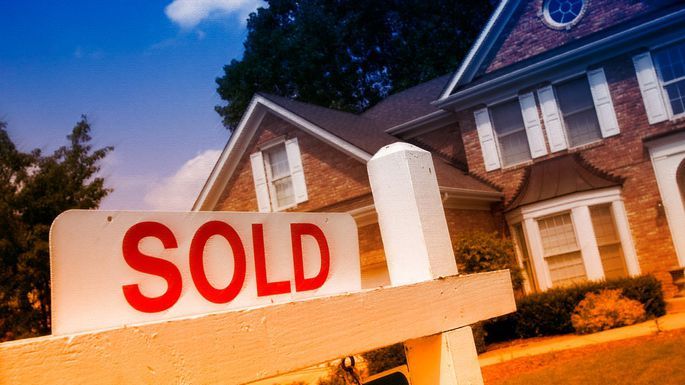Existing-home sales in 2020 highest since 2006, says NAR
.png)
Existing-home sales rose again in December, closing out a record-breaking year in real estate amid a pandemic, a recession and historic unemployment levels.
According to the latest report from the National Association of Realtors, total existing-home sales in December rose 22.2% year over year. Looking at the entire year of 2020, sales totaled 5.64 million, up 5.6% from 2019, the highest level since before the Great Recession.
“Home sales rose in December, and for 2020 as a whole, we saw sales perform at their highest levels since 2006, despite the pandemic,” said NAR Chief Economist Lawrence Yun in a press release. “What’s even better is that this momentum is likely to carry into the new year, with more buyers expected to enter the market.”
Although mortgage rates are projected to increase, Yun said they will continue to hover near record lows at around 3%. “Moreover, expect economic conditions to improve with additional stimulus forthcoming and vaccine distribution already underway,” he added.
Each of the four major regions of the country recorded double-digit year-over-year growth in December.
In the Northeast, existing-home sales rose 4.5% in December, a 27.4% increase from a year ago. The median price in the Northeast was $362,100, up 19% from December 2019.
Amid the demand, total housing inventory at the end of December fell 16.4% from November and 23% year over year. Unsold inventory now sits at a 1.9-month supply, down from 2.3 months in November and 3.0-months a year ago.
“To their credit, home builders and construction companies have increased efforts to build, with housing starts hitting an annual rate of near 1.7 million in December, with more focus on single-family homes,” Yun said. “However, it will take vigorous new home construction in 2021 and in 2022 to adequately furnish the market to properly meet the demand.”
First-time buyers were responsible for 31% of sales in December, unchanged from the same time in 2019, but down from 32% in November 2020
For more information call Greater Boston Realty 617-347-5589.
.jpg)

.jpg)


.jpg)




